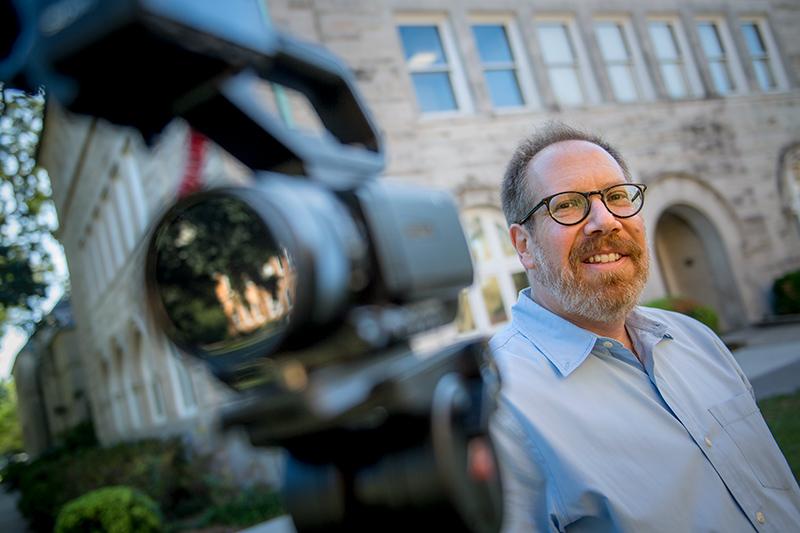Film festival to feature student documentary
Students become both historians and filmmakers in "Visual History and Filmmaking," a course helmed by Justin Wolfe, William Arceneaux Professor of Latin American History. The spring-semester course challenges students to conduct archival research and then create short documentary films showcasing their findings.
Now, one of those films is getting local recognition. “Camp of the Innocents” will be screened during the New Orleans Film Festival at the Prytania Theatre on Saturday, Oct. 14, at 5 p.m.
“For a few years now, I’ve been thinking about how documentary filmmaking could open new ways to teach history,” said Wolfe, who received support from a Lavin-Bernick Faculty Grant to develop the course. “I wanted students to think theoretically about how we tell historical stories in written and visual forms and then put those theories into practice.”
Graduate students Mira Kohl, Joe Hiller and Jack Collins directed “Camp of the Innocents,” which uncovers stories behind the U.S. internment of Latin American “enemy aliens” during World War II in New Orleans and across the U.S. South.
After the film was screened on campus last semester, Kohl, Hiller and Collins submitted it to the New Orleans Film Festival, which runs from Oct. 11-19. The film will be showcased among the “Louisiana Shorts” selections Oct. 14.
Produced by undergraduate students David Gaidamak, James McClendon and Evan Marcy, “Fruitfully Medicinal” delves into the complex history of international public health and its connections to colonialism and corporate influence.
“The class is also centered on collaboration,” said Wolfe, noting that students are assembled in two-to-three-person teams. “I try to bring students who have different skill sets together. Someone with a background in editing software will be paired with a person with a background in writing.”
Both film projects from last semester’s course link New Orleans to global historical events and are featured on the digital humanities website ViaNolaVie.
Like this article? Keep reading: ViaNolaVie preserves vibrancy of local culture

